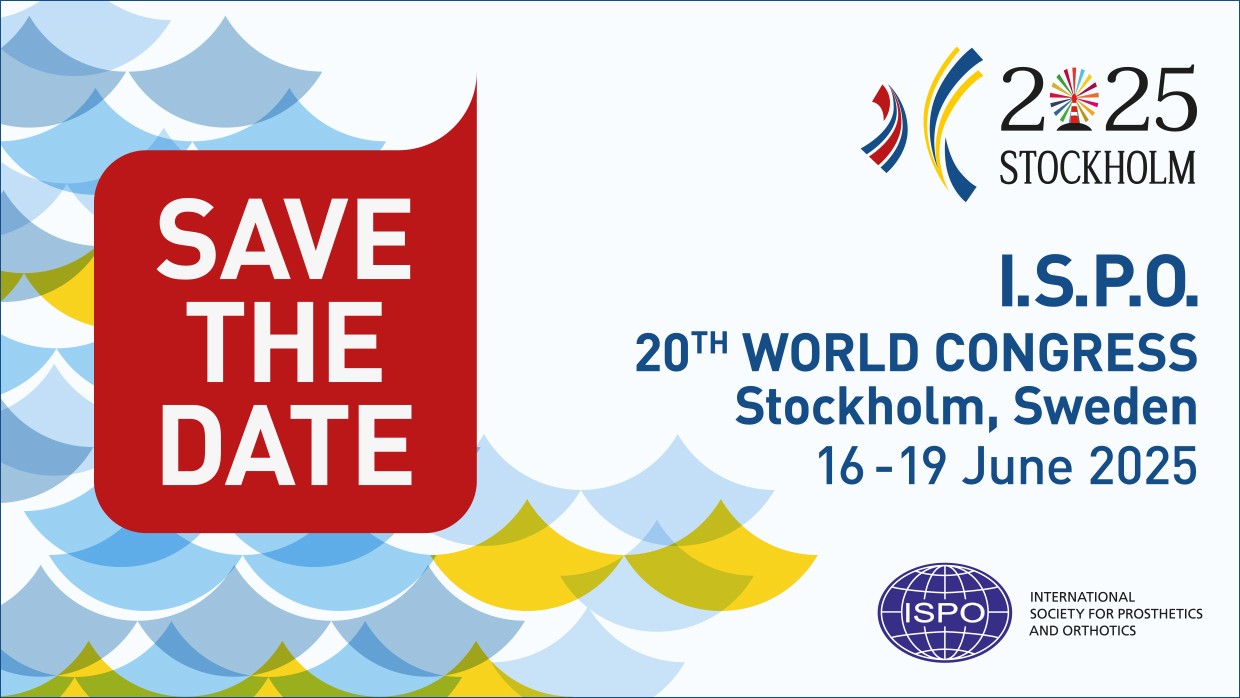
3.02 Sport as a physical and psychological rehabilitation tool for the amputee patient
- 24/04/2023 | 1:15 PM - 2:30 PM
-
Tonalá, Second floor
- 0 Days
- 0 Hours
- 0 Minutes
- 0 Seconds
Description
Location: Tonalá, Second floor
Abstract
Sport has an important role in the lives of all individuals, but it has benefits beyond those applicable to all for individuals with a disability. According to the studies less than 40% of the amputee patients participate in sports.
There are many barriers that contribute to this number including physical impairments, prosthesis failure, psychological beliefs, clinician´s lack of knowledge, etc. Clinicians need to understand the power that sports have on the amputee.
Sports has many benefits, besides from the physiological effects on the body it also reduces the focus on the impairment and focuses on the person’s ability, leading to greater self confidence. It reduces the sense of isolation, frustration, and inferiority increasing their sense of inclusion. It delays loss of independence, and symptoms of depression. I have seen all this since I founded an amputee soccer team 3 years ago.
Clinicians can use different assessment tests prior recommending the amputee patients which sport is bests for them. They should consider past medical history, medications, wound assessment, prosthesis, Amp Pro Test, VO2 Max, and the most important the objectives of the patient.
The sessions needs to be followed under supervision. This will help to avoid any chance of injury. With the proper guidance, the risk of injury to physically disabled ones is no greater than that to athletes without disability.
Improving the clinician´s knowledge of sports impact and how to apply it can eradicate many barriers for the amputee to participate in and get all the benefits.
Statement of the objective / learning objectives
Contribute through my clinical experience and knowledge so that other clinicians can learn about and apply the benefits of sport to their patients. Learning to evaluate, adapt the sport and enjoy.


